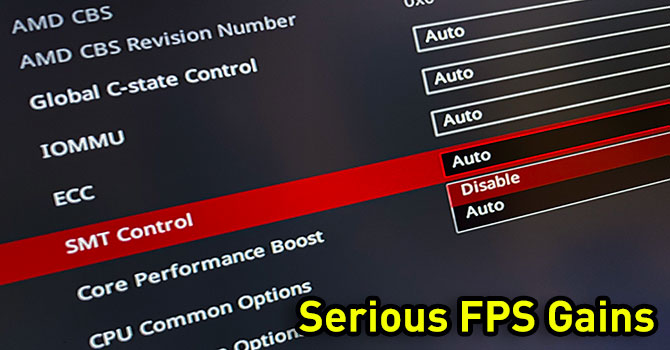- cross-posted to:
- [email protected]
- cross-posted to:
- [email protected]
AMD advertised a roughly 16% IPC increase for Zen 5 over the previous Zen 4 architecture, and while we are fully aware that IPC doesn’t linearly scale with gaming performance, we were a bit surprised to find that the 9700X and 9600X are no more than 3% faster than their predecessors in the most CPU-bottlenecked 720p gaming benchmarks.
Such a deviation from AMD’s claims took everyone by surprise in the tech press, some reviewers even wondered initially if they had bad samples, there’s plenty of discussion and drama in online communities. Like everyone else, we did several rounds of re-testing, and tried poking and prodding with the settings to figure out if we could better understand the architecture. Through the course of our testing, we found some interesting core scheduling behavior, and set out on an adventure.
Our argument with this article is not that SMT is the way to go [sic], but rather that there’s something in the SMT or non-SMT behavior that affects performance on Zen 5 more than on previous processors.
The title feels a bit sensationalized, but it’s still an interesting explanation for some performance gap compared to expectations.
The Linux performance seems to reinforce potential of OS issues: https://www.phoronix.com/review/ryzen-9600x-9700x
Narrator: They did not find the missing performance
Some interesting early findings, the impression I get is that ST performs better without SMT, but MT workloads still benefit from SMT.
Just as conclusion stated, it seems there should be a software solution to this issue.
A bit of a tangential point; “back in the day” it was recommended to try avoid BIOS updates unless you had a specific reason to do so. These days it seems BIOS updates are borderline mandatory, especially in the first 18 months of CPU release.




